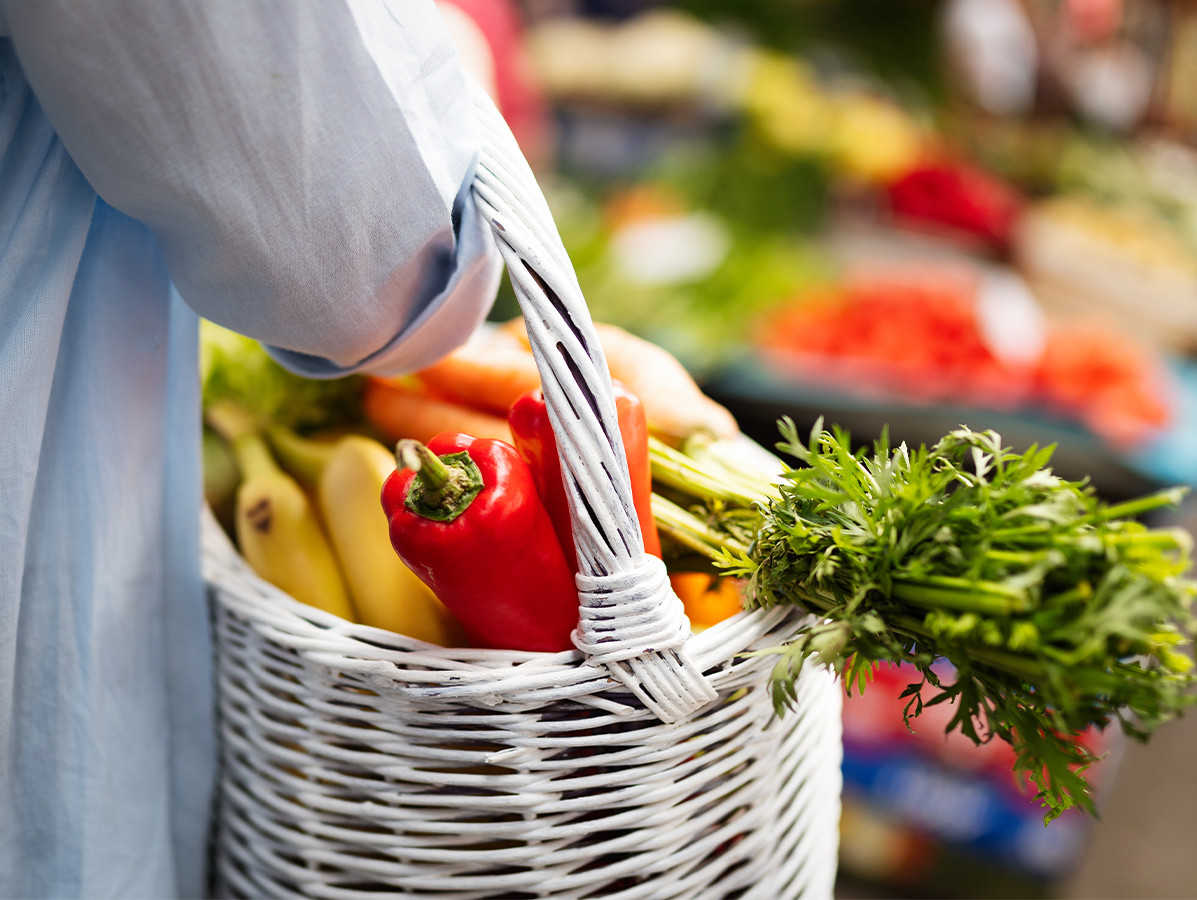
As it looks now, we are facing an uncertain start to 2021, according to Rabobank. Think of a wide range of one and a half meter measures and the softening of rules with the necessary obstacles. Gradually, we are working towards a somewhat normal situation in the middle of next year. Unfortunately not quite normal.
The food sector is changing due to the impact of the coronavirus. Here are the five most important trends:
The corona crisis has clearly accelerated a number of market developments. For example, the food sector is rapidly digitising. From automating production (man-poor production) to the growth of online retail and more service at home. Meanwhile, health is increasingly higher on the agenda of governments and consumers. For example, the importance of healthier food is growing and 'tailor-made food', also known as 'personalised nutrition', is emerging.
Events go online, we work at home more often, we go on holiday in our own country more often and it becomes more attractive to live outside the city.
Food is more often wrapped in plastic because it is more hygienic in the consumer's perception. In addition, major brands are on the rise again because consumers are opting for familiar products. We also eat at home more often. The need for convenience at home is also increasing; Rabobank therefore sees a shift from 'convenience' outdoors to indoors.
The NOW scheme still conceals a lot, but the bank expects rising unemployment and inescapable cost savings to have an impact on consumers' purchasing power next year. As consumers have less to spend, private labels and discounters are becoming more popular.
In food service (loss of turnover), food retail (empty shelves) and at producers and wholesalers (closed borders), food entrepreneurs have encountered unexpected risks in recent months. Rabobank expects that businesses will want to limit these risks further.
Source: Rabobank